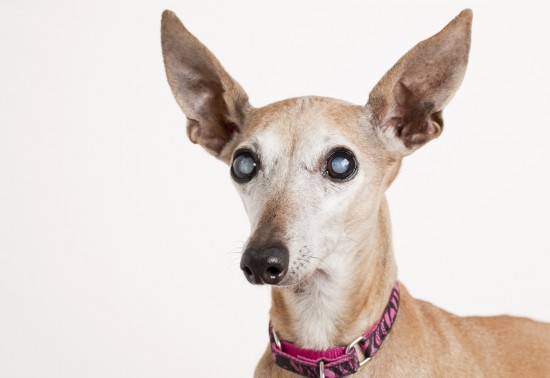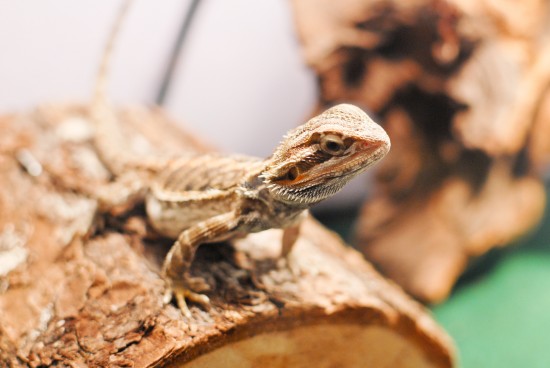
You have heard all of the hype about the new dog diets for older pets. Is there actually a distinction between dog food for adult dogs and kibble suggested specially for seniors? How do you discern when to change your pet to a special diet?
The greatest resource for information about dog food is your pet's veterinarian. Only you and your vet understand the individual needs of your pet the best. Discuss with your vet your concerns and questions. He or she will be able to direct you on what adjustments, if any, need to be made to your dog's diet.
If your senior dog does not have any health problems and maintains a healthy weight, there is no need to alter your dog's diet from adult to senior dog food. But, if your dog has trouble keeping the weight off or digestive issues, you may have to switch. If weight is the only matter, contemplate slightly lowering the quantity of dog food you give to your pet. This could be all the change your dog's diet needs.
A senior dog is classified as a dog in the last third of their life span. Larger dogs, for instance a Great Dane, live to be approximately 9 years old. Around the sixth year of life, you might want to contemplate a senior dog's diet. A poodle, on the other hand wouldn't attain senior status until approximately age ten because of the longer life expectancy. Primarily, the choice to adjust your dog's diet should be depending on health condition rather than actual age in years. Your vet will help you to determine when the right time is to alter your dog's diet.
Dog food especially made for senior dogs typically has less calories. This helps to combat any weight issues. The senior dog food also contains more fiber for the unique needs in your dog's diet. As dogs age, they tend to suffer from constipation. This extra fiber will help cure this issue.
Renal failure can be an additional medical difficulty for senior dogs. How can your dog's diet help this problem? Reducing the quantity of protein in your dog's diet will reduce the work load for the kidneys. For this reason, senior dog food commonly has lower protein content than regular adult formulas.
Whenever possible, allow your dog to eat dry dog food to support excellent dental health. The dry kibble helps to reduce plaque and tartar buildup. If your older pet refuses to eat the food dry, you may need to dampen it with water or buy moist, canned varieties.
If your vet recommends, supplements may be of use as part of your senior dog's diet. Some pets are unable to eat properly due to oral issues. Other older pets are unable to assimilate all of the nutrients from their food for numerous health reasons. Supplements such as daily vitamins and glucosamine can be advantageous to maintaining a healthy diet for your dog.
Glucosamine helps to promote joint health. For senior dogs, glucosamine can fight against arthritis and hip displasia.
Vitamins C, A, and E may put off the natural aging process and encourage superior health for senior dogs. Talk to your vet about adding such supplements to your dog's diet.
You want what is best for your pet. Your senior dog needs to have a diet that meets their individual nutritional needs. You and your vet can work together to decide what is the appropriate diet for your senior dog. Your dog's diet absolutely affects his or her health. Take care of your pet by monitoring your dog's diet carefully with the of your veterinarian.
 Predicting The Colour Of Labrador Retriever Puppies
Predicting The Co
Predicting The Colour Of Labrador Retriever Puppies
Predicting The Co
 Owning A French Bulldog
Owning A French B
Owning A French Bulldog
Owning A French B
 Canine Eye Problems Commonly Confused With Cataracts
Canine Eye Proble
Canine Eye Problems Commonly Confused With Cataracts
Canine Eye Proble
 Bearded Dragon Facts And Information
Bearded Dragon Fa
Bearded Dragon Facts And Information
Bearded Dragon Fa
 Find the horse fences that will prevents lower awareness
Find the horse fences that will prevents lower awareness
Find the horse fences that will prevents lower awareness
Find the horse fences that will prevents lower awareness
Copyright © 2005-2016 Pet Information All Rights Reserved
Contact us: www162date@outlook.com